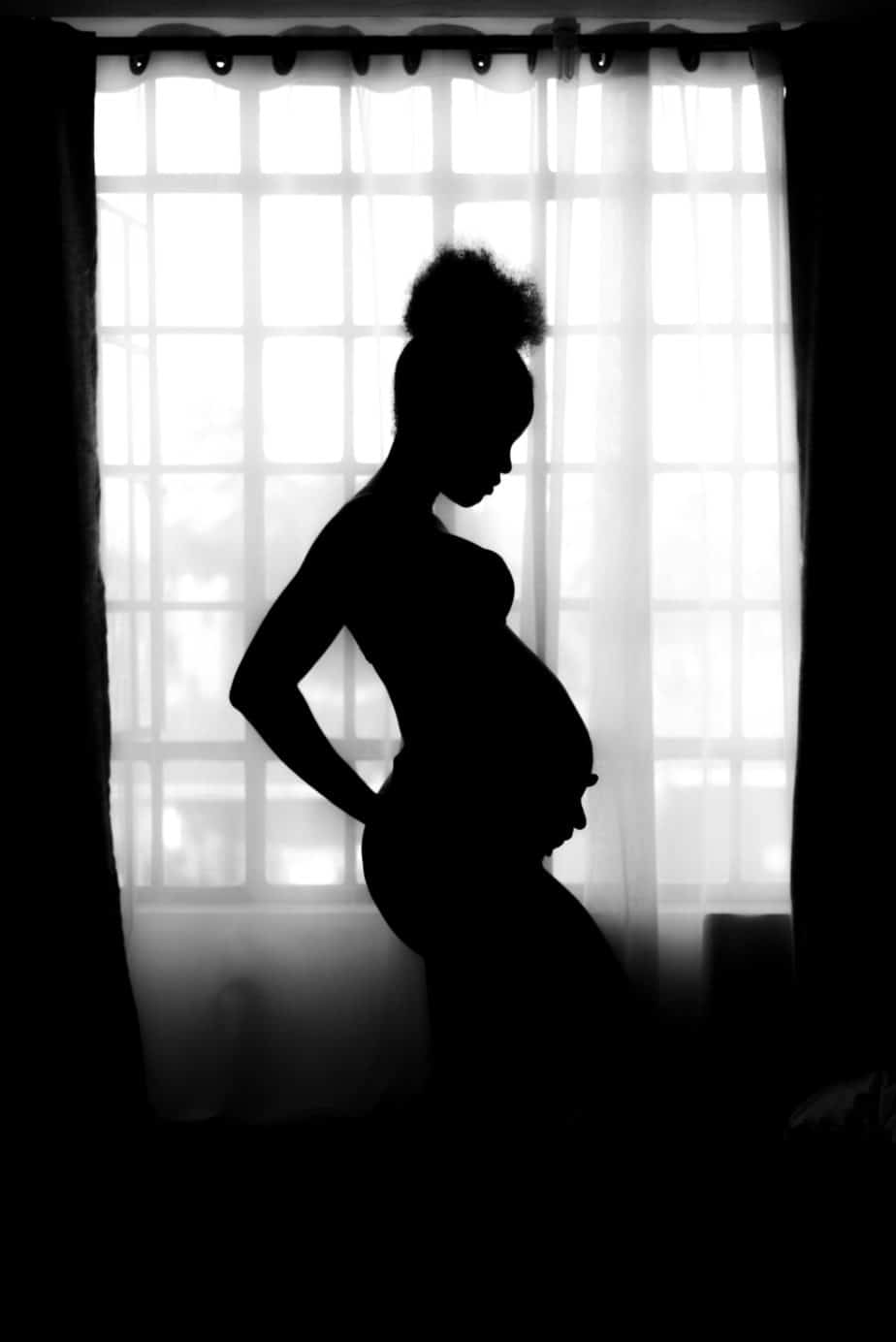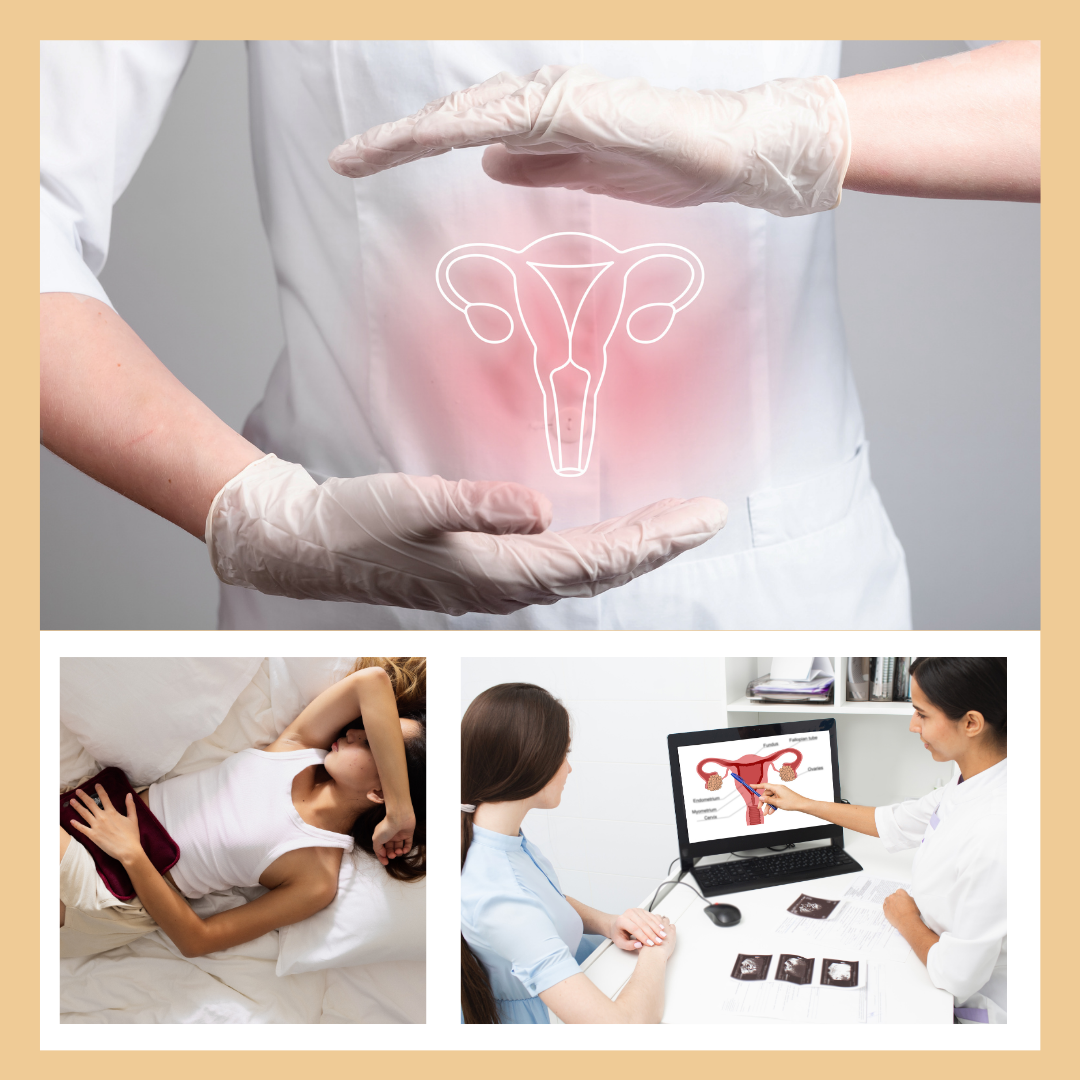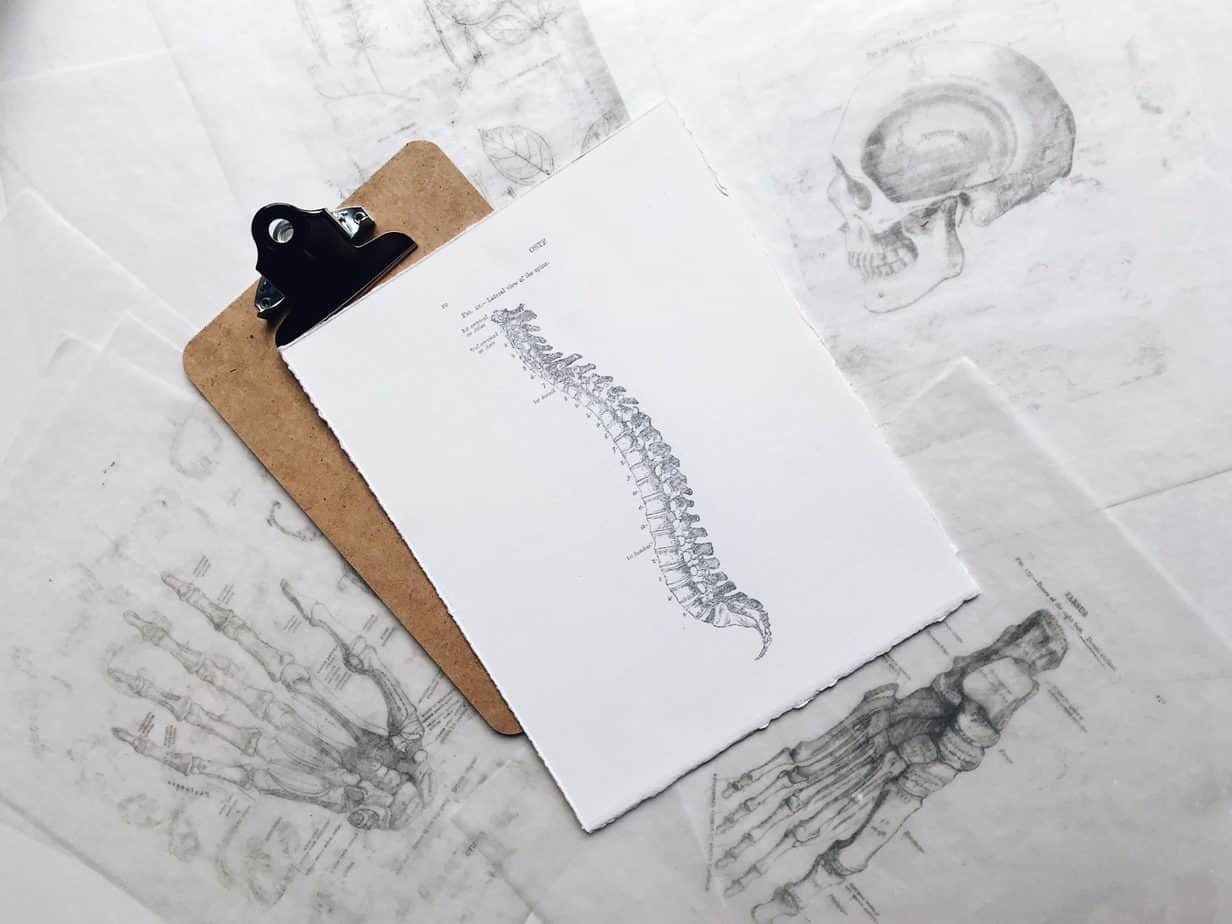Maternal Health

Healthcare in the United States may be second to none for many conditions. One area that continues to struggle when compared on a global level is maternal healthcare. The US doesn’t even rank close to 10th. Beyond the obvious differences in maternity leave and a higher than average C-section rate, there are huge disparities in the delivery of healthcare within the US.
About 700-900 people die from pregnancy in the US annually. Over 50,000 women experience severe pregnancy related complications. Women of color, specifically black women are three times more likely to die from pregnancy related causes than white women.
The main causes for this are:
- Quality of care
- Underlying chronic condition management during pregnancy
- Differences in delivery of healthcare (including mental health)
- Differences in opportunities (economic, social) for racial and ethnic minority groups
Many initiatives have been put in place to address these concerns. While we work towards reducing the discrepancies within the system that historically have existed for centuries, improving education and awareness is a key first step to reducing risk of death or complications.
Two out of every three pregnancy related deaths is preventable.
Signs and Symptoms
These common signs can be experienced during pregnancy or in the year afterwards and requires immediate medical attention:
- Severe headache that doesn’t go away or gets worse over time
- Extreme fainting or dizziness
- Change in vision
- Extreme swelling of hands or face
- Trouble breathing
- Chest pain or palpitations (feeling your heart beat very fast)
- Fever over 100.4
- Heavy vaginal bleeding or discharge
- Overwhelming tiredness
- Severe nausea and vomiting
- Severe abdominal pain that doesn’t go away
- Baby stopped moving/kicking hasn’t been felt
- Severe swelling and redness in legs
- Thoughts of harming self or baby
Advocate for Continued Care
Due to the lack of mandatory paid maternity leave it’s important to advocate for continued care for up to one full year after childbirth. This continues to be a challenge regardless of race, culture or ethnicity. The fourth trimester (the first 12 weeks after childbirth) can be a difficult adjustment period, especially for first time mothers. Your body undergoes many physical changes as well as an emotional roller coaster. Having a support network of friends and family can help for an easier transition. Check in with your doctor, midwife or healthcare provider with any concerns you may have.
References:







